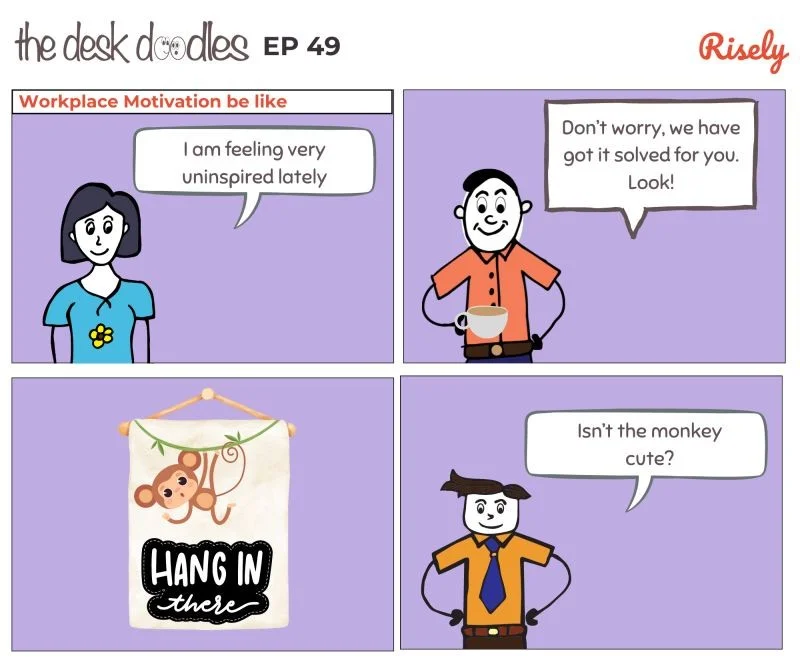Five red flags your team should not show!
How was your day today? Of course, if today has been hectic, you will say there are not five but five hundred ways things can go wrong. Patrick Lencioni first introduced this idea,” The Five Dysfunctions of a Team,” in his book of the same name. He speaks of five ways things can go that create ripple effects across the team.
What are the five dysfunctions of a team?
Absence of trust
We know that trust matters in any relationship, and the lack of it jeopardizes your team’s prospects of collaborating effectively. But there’s more to it than employees keeping to themselves; lack of trust further leads to:
- your employees not feeling safe
- hiding vulnerabilities and mistakes
- not asking for help
- second-guessing and assuming intentions
We don’t need to figure out what will happen next; we have all probably seen it happen somewhere in our careers. The second dysfunction is related to this.
Fear of conflict
When you know your team lacks trust and the factors needed to overcome challenges, what’s the most likely prayer to make? “I hope there’s no fight!” Because if one does break out, there’s bound to be a mess. Yet avoidance is not the end game. It’s only brushing matters under the carpet until they burst out. Meanwhile, the team walks on eggshells each day.
Lack of commitment
The third dysfunction identified by Lencioni can be a little harder to spot. But picture this: you don’t trust your colleague, and you don’t really want to argue about doing things your way. You are okay with letting things be. In that case, are you really committed to the team? Nope. When commitment breaks down, chaos erupts. This ambiguity negatively affects the entire team.
Avoidance of accountability
Now, this one won’t be hard to guess. You can hold someone accountable only when you can trust them to take it the right way. You need to be free from the fear of causing a scene by calling someone out. Without accountability, there are common signs of despair to witness:
- project delays and missed deadlines
- putting in half-hearted efforts
- blame games when something goes wrong
Inattention to results
And at last, we get to the results, somehow. This problem happens frequently when team members operate in silos and do not have a shared undercurrent to inspire and motivate them. This one, most primarily, needs more clarity on the mission and vision from the leadership.
How can you save your team?
When we move through this model, one thing is clear: many problems are interconnected. Without trust, you can’t argue over decisions. And when you can’t fight for what matters to you, there will be no ownership of the process. If the process is just going by, so do the results.
The problem might look very small at the start. After all, it’s just that one team member is not open, right? However, the cascading effect can be dangerous for the team. Solid people management skills can help you tide through these situations.
Feeling something similar happening around you? Discuss it with Merlin, the AI coach. It’s a free conversation, and you can start here: pour your heart out.
What’s happening at the Doodle office?


